CppCon 2014 Another fundamental shift in Parallelism Paradigm?--Michael Wong
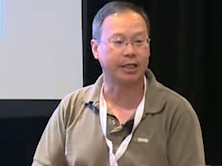 While we wait for CppCon 2015 in September, we’re featuring videos of some of the 100+ talks from CppCon 2014. Here is today’s feature:
While we wait for CppCon 2015 in September, we’re featuring videos of some of the 100+ talks from CppCon 2014. Here is today’s feature:
Another fundamental shift in Parallelism Paradigm?
by Michael Wong
Summary of the talk:
Another fundamental shift in Parallelism Paradigm? Sure. When was the last time you heard that before?
But seriously, as the number of threads/cores continue to increase, there is a growing pressure on applications to exploit more of the available parallelism in their codes, including coarse-, medium-, and fine-grain parallelism. OpenMP has been one of the dominant shared-memory programming models but is evolving beyond that with a new Mission Statement (no, really!) making it well suited for exploiting medium- and fine-grained parallelism.
OpenMP 4.0 exhibits many of these features to support the next step in both consumer, high-performance and exascale computing, with one of the world's first programming model for high-level language support for GPU/Accelerators and vector SIMD across not 1 but 3 high-level languages: C++, C, and that language whose name we dare not speak, but starts with F.

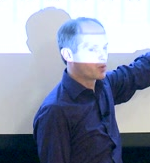 While we wait for CppCon 2015 in September, we’re featuring videos of some of the 100+ talks from CppCon 2014. Here is today’s feature:
While we wait for CppCon 2015 in September, we’re featuring videos of some of the 100+ talks from CppCon 2014. Here is today’s feature: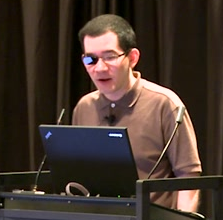 While we wait for CppCon 2015 in September, we’re featuring videos of some of the 100+ talks from CppCon 2014. Here is today’s feature:
While we wait for CppCon 2015 in September, we’re featuring videos of some of the 100+ talks from CppCon 2014. Here is today’s feature: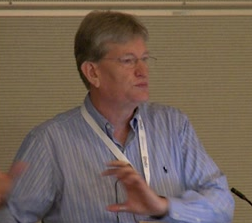 While we wait for CppCon 2015 in September, we’re featuring videos of some of the 100+ talks from CppCon 2014. Here is today’s feature:
While we wait for CppCon 2015 in September, we’re featuring videos of some of the 100+ talks from CppCon 2014. Here is today’s feature: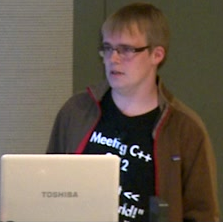 While we wait for CppCon 2015 in September, we’re featuring videos of some of the 100+ talks from CppCon 2014. Here is today’s feature:
While we wait for CppCon 2015 in September, we’re featuring videos of some of the 100+ talks from CppCon 2014. Here is today’s feature: